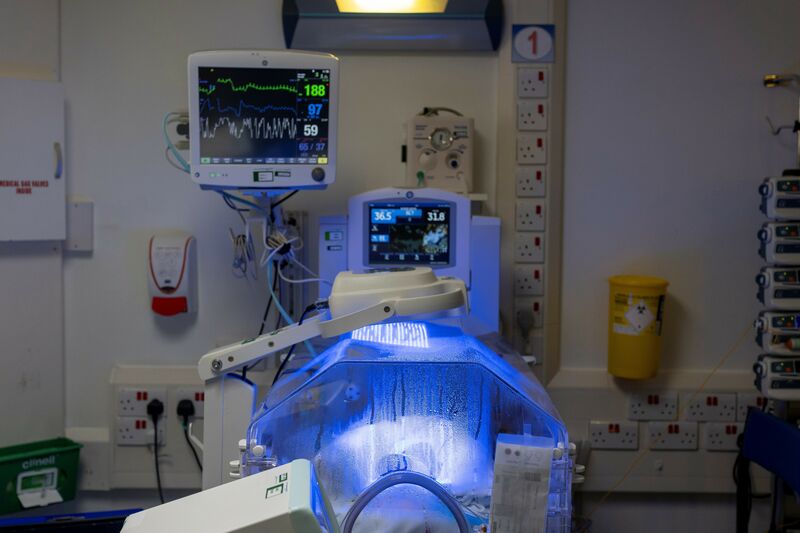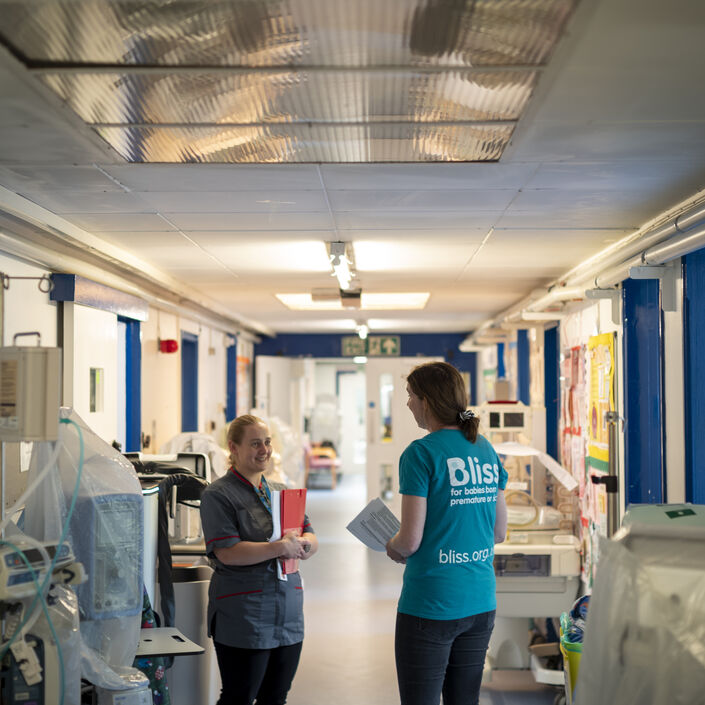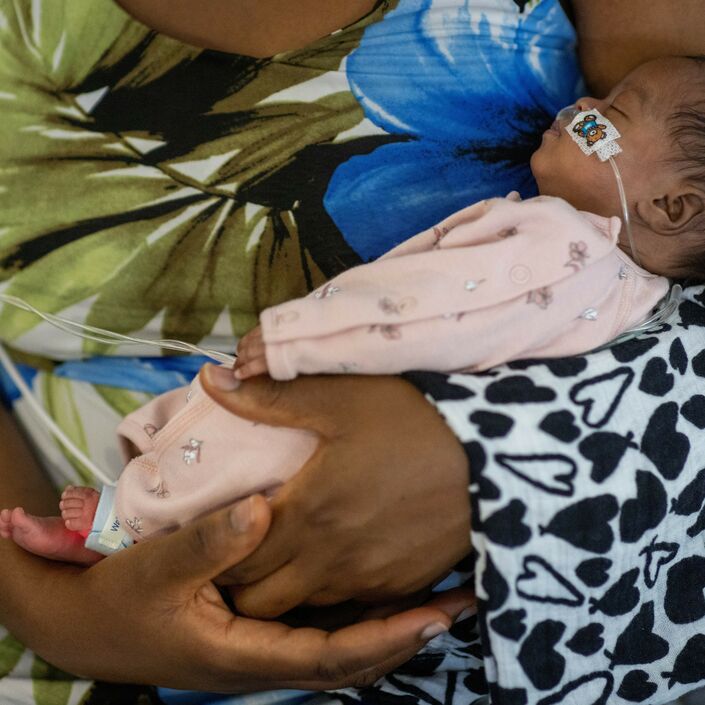The data shows just how much further there is to go for the Government to meet its National Ambition to half neonatal deaths and stillbirths by 2025.
Neonatal mortality rates were 1.65 per 1,000 live births in 2021 for the UK overall – up from 1.53 per 1,000 births in 2020 – and rose across each of the devolved nations: rates were 1.60 in England; 1.91 in Scotland; 1.70 in Wales; and 2.46 in Northern Ireland.
Premature births accounted for 73% of neonatal deaths, as well as 75% of stillbirths and late fetal losses.
The data also highlights the lack of progress towards reducing the continued inequalities in risk of perinatal mortality.
In 2021, there were notable increases in stillbirth rates for babies born to mothers from the most deprived areas and for babies of Black ethnicity, leading to widening inequalities.
There were increases in neonatal mortality rates for babies born to mothers from both the most and least deprived areas, and for babies of Black, Asian and White ethnicity, however overall the rates show persistent higher risk amongst the most deprived groups and among Black and Asian babies.
Due to considerably higher proportions of babies of Black African, Black Caribbean, Pakistani and Bangladeshi ethnicity being from more deprived areas, they are disproportionately affected by the higher rates of stillbirth and neonatal deaths.
Caroline Lee-Davey, Chief Executive at Bliss, said: “It is harrowing to read that rates of neonatal mortality increased in 2021 across all nations of the UK and across all gestational ages. More than 5 years after a national policy commitment to halve these rates, to see them rise is bitterly disappointing. This report also shows once again the health inequalities which continue to affect some groups of babies, with a stark difference in risk of neonatal death for Black, Asian and minority ethnicity babies, and babies from deprived backgrounds.
“Urgent action is needed to improve practice so that these babies are not unfairly and avoidably disadvantaged, and to ensure every baby has the best chance of survival and quality of life. The wide variation in neonatal mortality rates between Trusts and Health Boards shows that more can – and must – be done to bring national rates down to the levels of the best services.”
“Being born premature is still the most significant risk for neonatal mortality, so it is absolutely crucial for the Government to prioritise efforts to meet the National Ambition to reduce pre-term births from 8% to 6% by 2025, alongside sustained investment in neonatal staffing and quality improvement, including rapid implementation of the recommendations in this report.”


